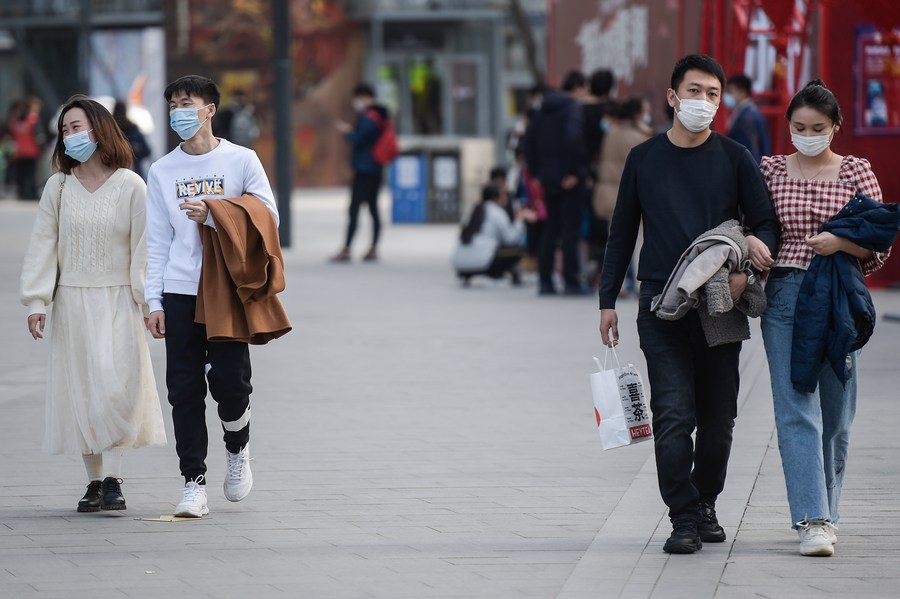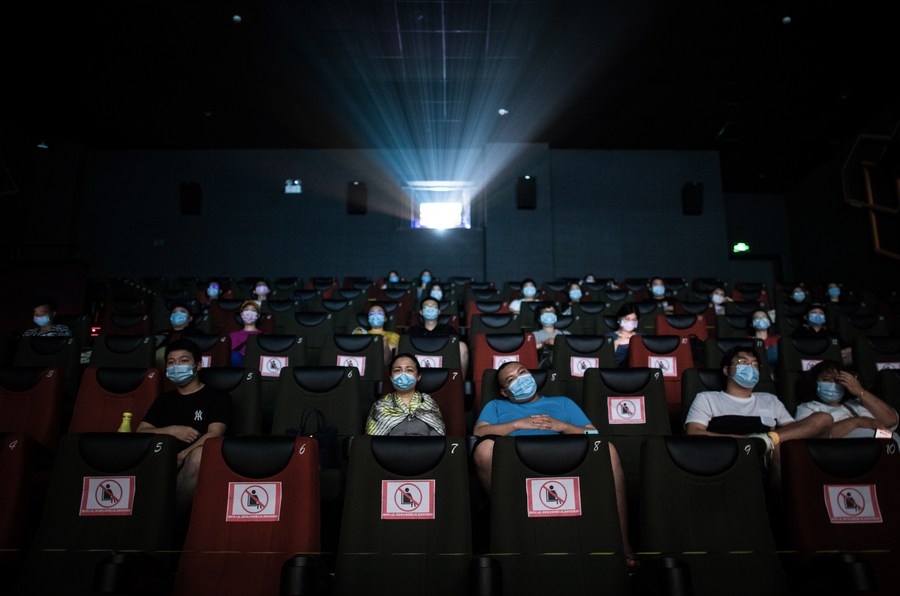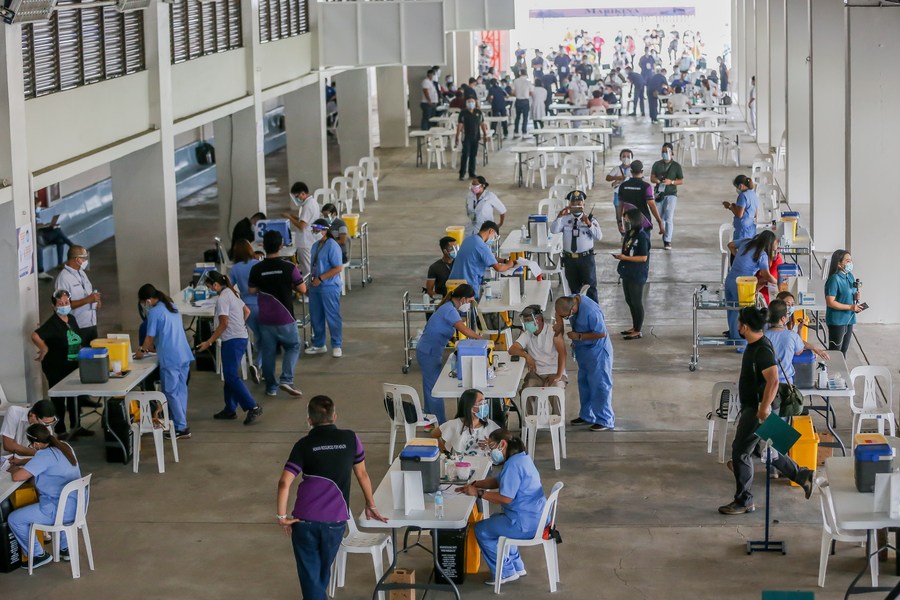Top China, U.S. epidemiologists call for global cooperation to fight COVID-19
"With the development and marketing of vaccines, it will take at least two to three years to achieve herd immunity worldwide," said Zhong.
GUANGZHOU, March 2 (Xinhua) -- Leading Chinese respiratory disease expert Zhong Nanshan and top U.S. infectious disease expert Anthony Fauci have called for global solidarity and cooperation to fight against COVID-19.
The epidemiologists exchanged their views in an online conversation hosted by the University of Edinburgh Tuesday night Beijing time.
The two believed that global cooperation is essential in the epidemic control.
Novel coronavirus is an enemy of all mankind, said Zhong, an academician of the Chinese Academy of Engineering and a leading expert in China's respiratory disease research.
"If the coronavirus still spreads in some individual countries, COVID-19 cannot be said to be fully controlled worldwide. If we want to end this epidemic, we need appropriate science-based, evidence-based decisions by decision-makers in each country. Everyone should do their best. So we need global solidarity," Zhong said.

People walk at Han's Plaza in Daxing District in Beijing, capital of China, Feb. 21, 2021. (Xinhua/Peng Ziyang)
Zhong believed that some unscientific, inhumane means of "natural immunity" should not be used to achieve herd immunity.
"With the development and marketing of vaccines, it will take at least two to three years to achieve herd immunity worldwide," said Zhong.
The two agreed that balancing economic development and epidemic prevention and control is a global challenge, and undue hasty return to the "normal life" might lead to a backlash of the epidemic.
"Last year, two months after the epidemic was basically under control, we reopened our economy and resumed classes," said Zhong.

People watch a movie in a cinema in Wuhan, central China's Hubei Province, July 20, 2020. (Xinhua/Xiao Yijiu)
Zhong believed that a year from now there will be a big change.
"We have been successful in the past by global cooperation with smallpox, polio and measles. There is no reason in the world why we cannot do the same thing with COVID-19 by a combination of cooperative public health measures and the application of science to get interventions in the form of vaccines and therapies and other types of interventions," Fauci said.
Some very good news is what role fundamental, basic and clinical science has led to a potential and real solution to the problem, he said.

Photo taken on March 2, 2021 shows people receiving China's Sinovac COVID-19 vaccines at the Marikina Sports Center in Marikina City, the Philippines. (Xinhua/Rouelle Umali)
"And that is in the development of highly efficacious vaccines, not only by the United States, but also by China, Russia, India and other countries. Right now we have in the United States and others, worldwide, vaccines that have a very hard degree of efficacy and a good profile of safety."
"I know we're not going to get the world vaccinated in one year, but I would hope that we suppress the dynamics of this outbreak to the point where it may not be eliminated, but it is under extraordinarily good control, so that there can be some steps towards normality," Fauci said.